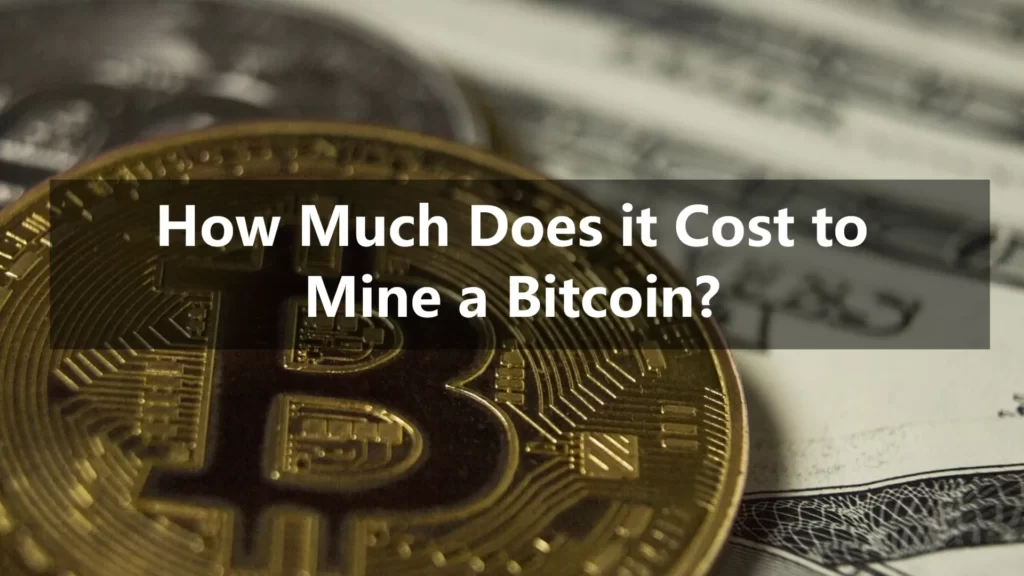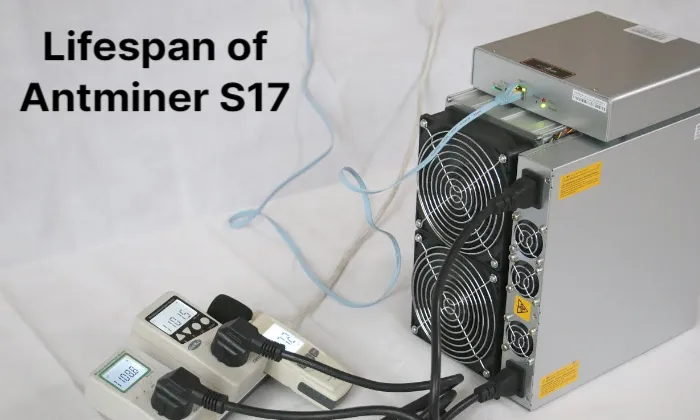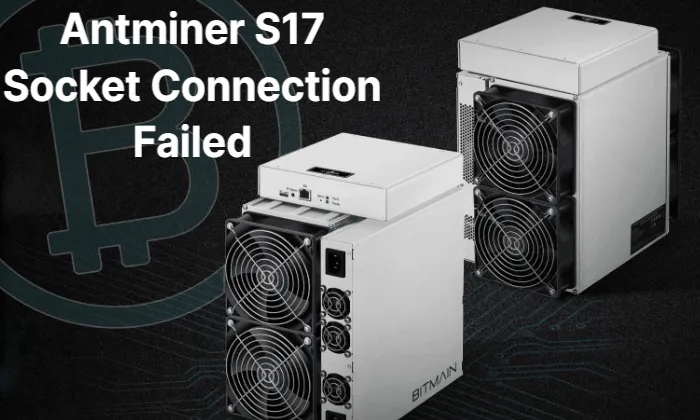Discover the costs involved in mining a Bitcoin, including hardware, electricity, and operational expenses. Explore the economics behind this process.
Bitcoin, the world’s first decentralized cryptocurrency, has revolutionized the financial landscape since its inception in 2009. The process of mining, which involves solving complex mathematical algorithms to validate transactions and secure the network, plays a crucial role in the creation and circulation of bitcoins. However, mining Bitcoin is not without its costs. In the early days of Bitcoin, mining was highly profitable and could be done with a standard desktop computer. However, as more miners have joined the network and the mining difficulty has increased, the costs of mining have also increased.
In this blog, we will explore the various factors that contribute to the cost of mining a Bitcoin and delve into the economics behind this fascinating process.
Table of Contents
Understanding Bitcoin Mining
Before we delve into the costs, let’s briefly understand how Bitcoin mining works. Miners use powerful computers to compete against each other in solving mathematical puzzles, known as hashes, in order to add new blocks to the blockchain. The miner who successfully solves the puzzle first is rewarded with newly minted bitcoins and transaction fees.
Factors Influencing Mining Costs
- Hardware Costs: One of the significant expenses in Bitcoin mining is the cost of mining hardware. In the early days, miners could use regular CPUs or GPUs for mining, but as the network’s difficulty increased, specialized mining equipment called ASICs (Application-Specific Integrated Circuits) became necessary. ASIC miners are more efficient and have a higher hash rate, but they come with a relatively high price. Take the Antminer S17 series ASICs from Bitmain as an example, the average price on today’s market if from $1500-$6000.
- Electricity Costs: The energy consumption associated with Bitcoin mining is substantial. Mining operations require a significant amount of electricity to power the mining hardware and keep it cool. The cost of electricity varies greatly depending on factors such as geographical location and the energy source used. Miners often seek regions with cheap electricity or renewable energy sources to minimize costs.
- Operational Costs: Mining operations involve ongoing expenses such as maintenance, rent for mining facilities, internet connectivity, and manpower. These costs can vary depending on the scale of the operation and the level of automation implemented.
- Mining Difficulty: Bitcoin’s mining difficulty adjusts approximately every two weeks to maintain a consistent block creation time. As more miners join the network, the difficulty increases, making it harder to mine new blocks. This means that miners need more computational power, resulting in higher electricity costs and a shorter lifespan for mining hardware.
- Market Conditions: The market price of Bitcoin also impacts the cost of mining. When the price is high, miners have a greater incentive to invest in expensive hardware and spend more on electricity. Conversely, when the price drops significantly, some miners may find it unprofitable to continue mining and may shut down their operations until the market becomes more favorable.

Calculating the Cost of Mine a Bitcoin
Estimating the exact cost to mine a Bitcoin is challenging due to the dynamic nature of the factors mentioned above. However, various online tools and calculators can provide rough estimates based on current market conditions, electricity costs, and mining hardware efficiency.
As of June 2023. the current mining difficulty for Bitcoin is around 51 trillion. This means that mining a single bitcoin requires a tremendous amount of computational power and energy consumption. The electricity cost is the most significant expense for miners, especially high-used powered ASIC miners.
According to the latest estimates, the average cost of mining one bitcoin is around $10.000 to $15.000. The specific cost varies greatly depending on the factors mentioned earlier and the efficiency of the mining setup. However, this cost can vary significantly depending on the price of electricity in different regions and the efficiency of the mining hardware.
It’s important to note that mining profitability is closely tied to the price of bitcoin. If the price of bitcoin rises, mining becomes more profitable, and if it falls, mining becomes less profitable.
Conclusion
Mining Bitcoin is a resource-intensive process that requires substantial investment in hardware, electricity, and operational expenses. The costs associated with mining continue to evolve as technology advances, the network’s difficulty adjusts, and market conditions fluctuate. Despite the costs, mining remains an essential component of the Bitcoin ecosystem, providing security, validating transactions, and minting new coins.
As the cryptocurrency industry continues to evolve, it is essential for miners to carefully analyze the costs involved and adapt their strategies accordingly. Moreover, the increasing awareness of environmental concerns related to Bitcoin mining has prompted discussions around developing more sustainable mining practices, utilizing renewable energy sources, and exploring alternative consensus mechanisms.
Ultimately, the cost to mine a Bitcoin is influenced by a complex interplay of economic, technological, and environmental factors. As the cryptocurrency landscape continues to evolve, miners will need to navigate these factors to ensure the viability and sustainability of their operations.



